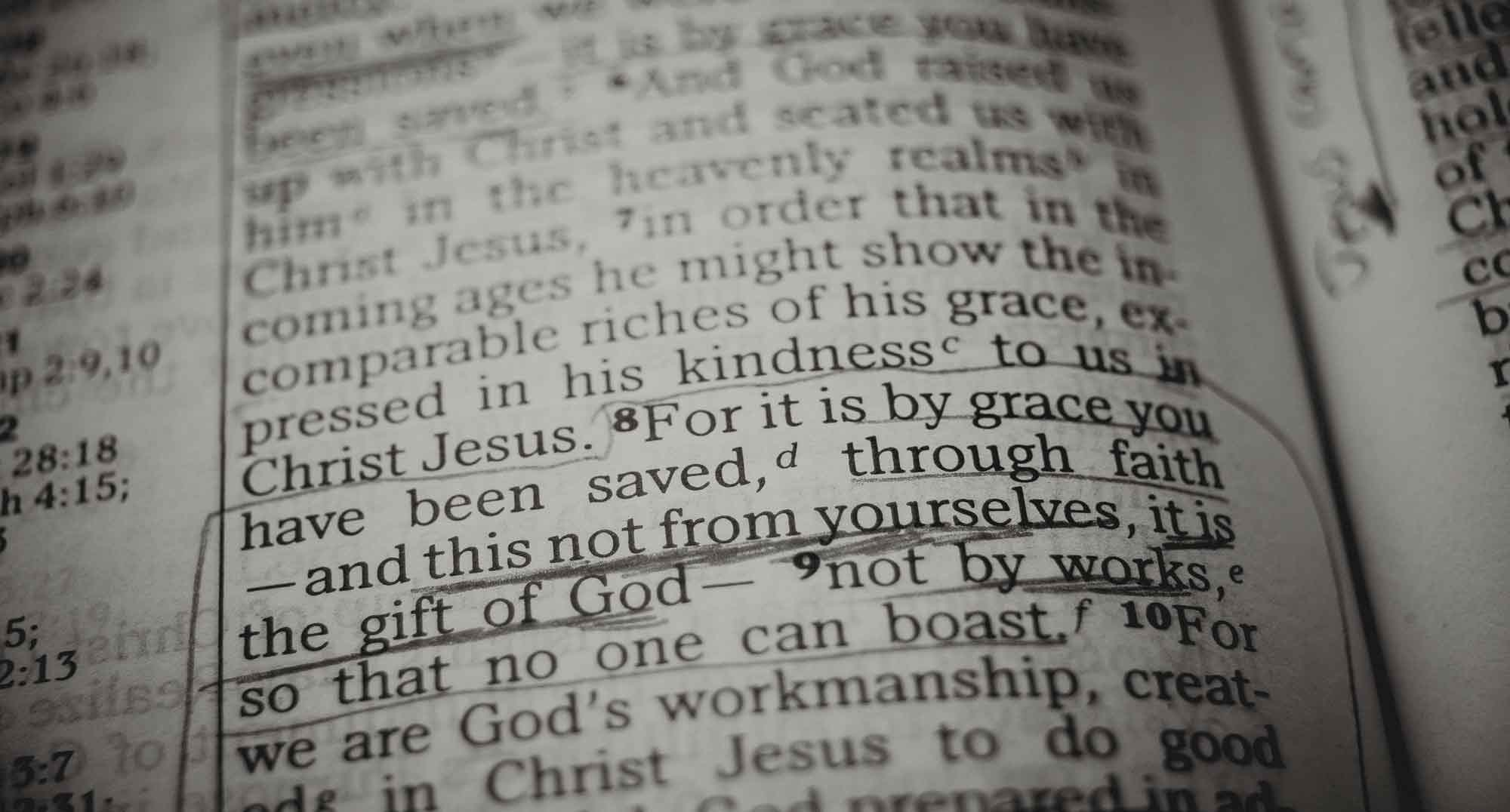We Are Not Better Than This
JILL WIGGINS|GUEST Earlier this month, I witnessed the assault on our nation’s Capitol with incredulity. In the aftermath, I found myself consuming copious amounts of media examining responses from political leaders, pastors, and news sources. It did not take long before a myriad of politicians from both parties adopted the familiar phrase often uttered by parents and teachers alike to children whose behavior has been disappointing— “We are better than this.'' Although I understand the sentiment and its guilt-eliciting, behavior-changing appeal, I would respectfully and broken heartedly disagree with their proclamation. We as Christians should be the first to point out that “we are not better than this.” I spent the better part of my teenage years thinking that I was “better than this.” I grew up in a small Baptist church in northeast Alabama and our offering envelopes came preprinted on the front with a variety of boxes to check. There was a box for attendance, daily bible reading, offering, and lesson preparation. Every Sunday night at youth group, my goal was to very literally turn in an envelope that checked all the boxes, because along with not drinking, smoking, cussing, or fooling around with boys, that was what “Good Christians” did. In the years since, the list has become more political in nature, but the sentiment is the same. Then and now, there are boxes to check, issues to support, causes to champion. These are things that Christians do. . . and those are things Christians do not do. Though not overtly stated, I perceived that there was “us” and there was “them.” We were good “box-checking” Christians, and “they” were dirty, bad, vile, worldly, sinners. Yet, one Sunday night, the summer following my senior year of high school, I found myself face down on the hook rug on the floor of my bedroom, crying out to God. I realized that I was one of “them.” I was dirty, bad, vile, and worldly. For all my box checking, I was a fraud. A pit formed in my stomach, and I believed that if everyone knew just how really bad I was, how dirty I felt on the inside, no one would ever love me. And that’s when I met Jesus. After all, we must first see the sin in ourselves to grasp the wonder of God’s grace. Paul in his letter to Timothy states that “Christ came into the world to save sinners of whom I am foremost” (1 Tim. 1:15). Present tense. Jesus came into the world to save sinners like me. Sinners. Like me. And that is the good news. That is the gospel. That is grace...

